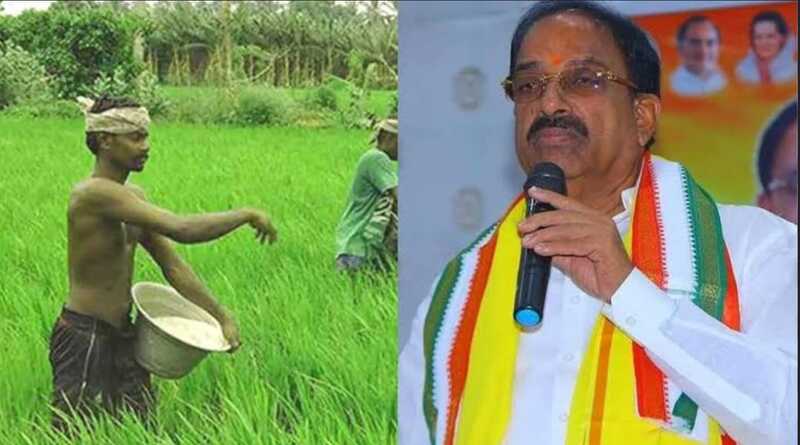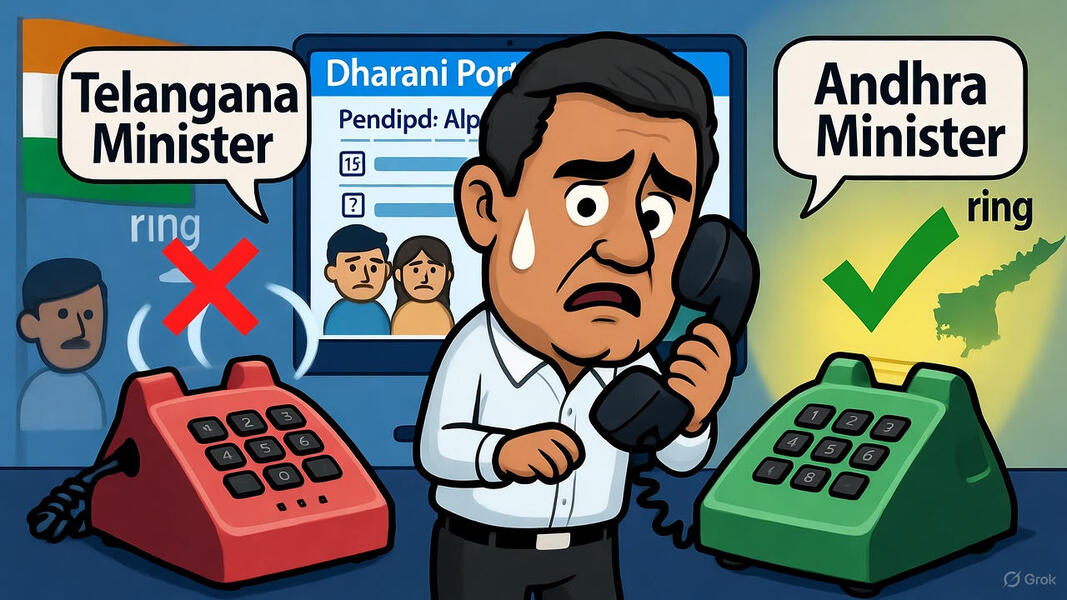Article Today, Hyderabad: With incessant rains soaking Telangana, farmers have begun large-scale sowing operations. At this critical phase, urea has become essential. Yet, the fertilizer is in short supply across the state. According to the Agriculture Department, the crisis has deepened due to inadequate supply from the Centre. Nearly two lakh metric tonnes of urea are still awaited.
Letters Alone Won’t Work, Say Experts
Agriculture Minister Thummala Nageswara Rao has written multiple letters to the Centre requesting immediate urea supplies. Letters were also sent to Union Ministers Bandi Sanjay and Kishan Reddy. Chief Minister Revanth Reddy met Union ministers in Delhi to push the demand. Tummala, again on Saturday, sent another formal request. Despite all these efforts, the state continues to face severe shortage.
Why Hasn’t Thummala Stepped into Delhi Yet?
While officials have visited Delhi and letters have piled up, Minister Thummala has not yet made a personal visit. Experts argue that in such a crisis, symbolic communication is not enough. Parliamentary sessions are underway, and if the Minister leads a delegation to Delhi, engages MPs and Central officials, results may follow. After the Chief Minister’s visit, it is Tummala’s responsibility to follow up. Yet, he has not taken that step.
Over 1.9 Lakh Metric Tonnes of Deficit
For this Kharif season, the Centre allocated 9.80 lakh metric tonnes of urea to Telangana. Between April and June, five lakh tonnes were scheduled. But only 3.07 lakh tonnes reached the state. This left a massive shortfall of 1.93 lakh tonnes. In April, against a need of 1.70 lakh tonnes, only 1.21 lakh tonnes were supplied—a 29% deficit. May saw an even worse gap: 1.60 lakh tonnes required, but only 88,000 arrived—falling short by 45%. In June, the supply was again inadequate, with 42% shortfall.
Black Marketing Rises Amid Shortage
As the government struggles to secure supplies, the crisis has opened doors for corruption. Within Markfed, a senior official is allegedly involved in diverting urea to the black market. In collaboration with district managers, tonnes of fertilizer are being rerouted to private dealers. Employees from within the organisation have confirmed these practices. Despite serious allegations, no action has been taken against the accused, sparking public outrage.
Farmers Face the Brunt
Due to this shortage, farmers are being forced to buy urea at high prices from illegal dealers. The official system has failed to meet demand. With the sowing season at its peak, farmers are growing anxious. Many are questioning whether the state has any backup plan if the Centre does not respond promptly.
Centre Must Act, But So Should the State
The Centre’s delay in delivering urea is hurting Telangana farmers. But the state, too, must act decisively. Letters, meetings, and reviews will not suffice. A more proactive approach, with direct engagement and visible pressure in Delhi, is the need of the hour. Farmers deserve not just sympathy—but urgent solutions.



